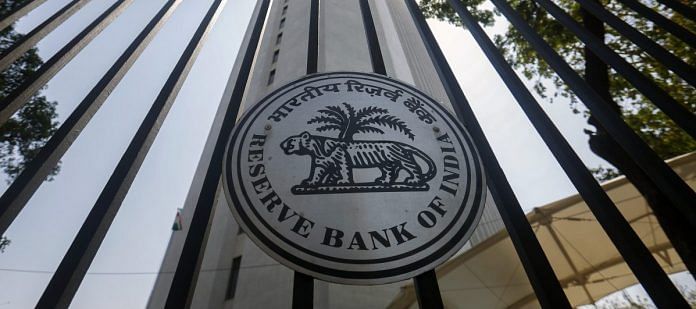It was up to RBI to try and undo the damage of New Delhi’s loose talk on the rupee. And the RBI blew it.
When the world’s de facto central bank rustles up an interest-rate whirlwind, you don’t use a fig leaf of flexible exchange rates to stand in its path. That memo, already well-received in Indonesia, doesn’t seem to have reached India.The Reserve Bank of India chose to hold its policy interest rate at 6.5 percent on Friday. And by delaying the much-debated quarter-percentage-point increase, policymakers signaled their tolerance of financial instability.
That was an unwise decision. Until recently, the mandarins in New Delhi had muddled the message by hinting they were comfortable with a weaker currency, as long as the RBI softened the decline by selling dollars from its $400 billion war chest. Such sangfroid, less than a year before the next general election, was just bravado.
A record-low rupee was only going to lead to a vicious cycle of costlier imported crude oil; fatter fuel-subsidy bills; bigger concerns about an already-bloated budget deficit; higher bond yields; a more desperate flight of investors from equity and debt markets; and an even weaker Indian currency.It was only when those consequences became clear – amid a liquidity squeeze exacerbated by the collapse of an infrastructure lender – that the authorities perhaps stopped and thought, “Gee, we can’t prevent this juggernaut, only the Fed can.” It should be obvious that the end of the U.S. tightening cycle isn’t nigh, with Federal Reserve officials saying that the long-term neutral rate is somewhere between 2.5 percent and 3.5 percent, and the short-term equilibrium rate even higher.
So, as is almost always the case, it was up to the central bank in Mumbai to try to undo the damage of New Delhi’s loose talk. And the RBI blew it. Granted, inflation, at a tame 3.7 percent, doesn’t really justify a rate increase. But the current-account deficit, set to breach 3 percent of GDP in this fiscal year, is above the danger mark.
Tinkering with higher import duties on air conditioners won’t narrow that shortfall; it would be better to sacrifice domestic demand by pushing interest rates higher. That might well cloud the Indian government’s revenue prospects, particularly from a goods and services tax that continues to miss collection targets. Fiscal pressures could then lead to a further expenditure squeeze and still-slower GDP growth.
But there aren’t any good alternatives to hawkishness. Bank Indonesia has raised rates five times since May and spent 10 percent of its foreign-exchange reserves; and yet the rupiah hovers near a two-decade low. Meanwhile, the rupee has tumbled 13 percent this year, more than the 10.7 percent slide in the rupiah. Maybe India will resort to its usual fallback and ask overseas citizens to deposit dollars with local banks at high interest rates. That strategy did work during the taper tantrum. Trying it now, when Libor is 10 times its levels in 2013, will be expensive.
For emerging markets, the impossible trinity of a fixed exchange rate, independent monetary policy and open capital accounts has started to fold into what economist Helene Rey calls an “irreconcilable duo.” That is, defiance of the Fed is possible only if the capital account is managed. Floating currencies are of little use in the face of a global tightening cycle. It’s a shame that India didn’t get the message. – Bloomberg




To speak in the RBI’s defence, with a little respite on inflation, it may have decided not to give up on growth altogether at the start of the festive season. A 25 basis points increase would not have transformed the outlook for INR in any case. Global rise in interest rates is creating its own dynamic, softening emerging market currencies. Simply jacking up interest rates – up to 24% in Turkey – will kill the domestic economy. Using up precious forex reserves to support the currency is an even less sustainable option.